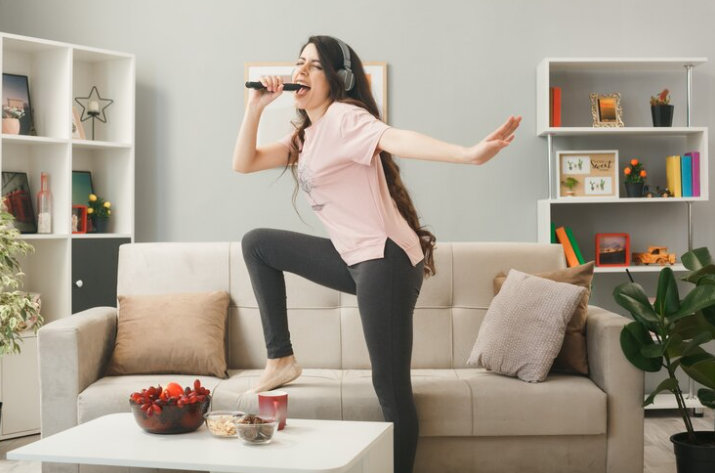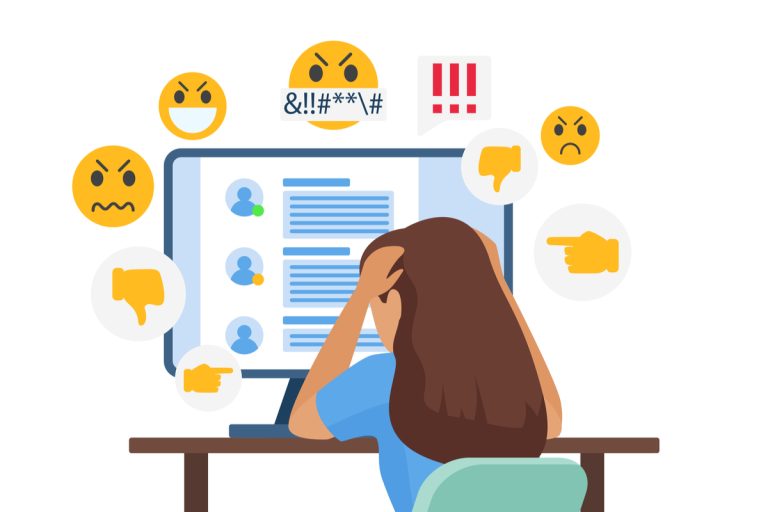16 Signs You Are an Unattractive Female
Feeling unattractive is a common struggle that many women face at some point in their lives. It’s essential to remember that beauty is subjective and that self-worth goes far beyond physical appearance. In this article, we’ll explore the 16 signs that you might be feeling unattractive as a female and provide guidance on how to overcome these feelings and build self-confidence.
16 Signs You Are Unattractive Female

Negative Self-Talk
Constantly putting yourself down or using negative language to describe your appearance can be a clear sign that you’re feeling unattractive.
Comparing Yourself to Others
Continuously comparing your looks to other women and feeling inferior is a common indication of low self-esteem.
Avoiding Mirrors
If you avoid looking at yourself in mirrors or constantly criticize your reflection, it may suggest that you’re not comfortable with your appearance.
Dressing Unconsciously
Neglecting your wardrobe and dressing without consideration for your personal style may be a sign of feeling unattractive.
Social Withdrawal
If you find yourself avoiding social situations or events because of how you perceive your appearance, it’s essential to address this issue.
Constantly Seeking Validation
Relying on external validation to feel attractive can indicate a lack of self-confidence.
Body Dysmorphic Thoughts
Obsessing over perceived flaws or minor imperfections in your appearance is a sign of body dysmorphic thoughts.

Avoiding Photographs
If you consistently dodge the camera or hide when someone tries to take your picture, it might indicate a lack of self-assurance.
Excessive Makeup Use
Using makeup excessively to hide your natural features can be a sign that you’re not comfortable with your appearance.
Feeling Unworthy of Love
Believing that you’re unworthy of love and affection due to your appearance can negatively impact your self-esteem.
Insecurity in Relationships
Feeling insecure about your partner’s attraction to you can lead to relationship issues and self-doubt.
Overemphasis on Weight Loss
If you’re fixated on losing weight as a means to feel more attractive, it’s important to examine your motivations.
Comparison to Unrealistic Standards
Comparing yourself to unrealistic beauty standards perpetuated by media can lead to feelings of inadequacy.
Excessive Plastic Surgery Consideration
Thinking about extreme measures like excessive plastic surgery to alter your appearance is a significant concern.
Low Self-Confidence in Professional Life
Feeling unattractive can also affect your confidence in the workplace, hindering your career growth.
Lack of Self-Care
Neglecting self-care routines, such as skincare and grooming, may indicate a lack of self-worth.

Overcoming Feelings of Unattractiveness
Now that we’ve explored the signs, it’s crucial to focus on ways to overcome these feelings and boost your self-esteem:
Practice Self-Compassion:
Be kind to yourself and challenge negative self-talk.
Seek Professional Help:
Consider therapy or counseling to address underlying issues.
Set Realistic Goals:
Set achievable goals for self-improvement, both mentally and physically.
Surround Yourself with Positivity:
Build a support system of people who uplift and encourage you.
Focus on Health, Not Perfection:
Shift your focus from looking perfect to feeling healthy and confident.
Embrace Your Uniqueness:
Recognize that your individuality is what makes you attractive.
Limit Media Exposure:
Reduce exposure to unrealistic beauty ideals in media.
Practice Mindfulness:
Engage in mindfulness exercises to stay grounded and present.
FAQs
Q: How can I stop comparing myself to others?
A: To stop comparing yourself to others, focus on your unique qualities and accomplishments. Practice self-compassion and remind yourself that everyone has their insecurities.
Q: Is it normal to have days when I feel unattractive?
A: Yes, it’s entirely normal to have days when you feel less attractive. Self-esteem fluctuates, but it’s essential to address persistent negative feelings.
Q: Can self-care routines help boost my confidence?
A: Absolutely. Taking care of your physical and mental well-being through self-care can improve your confidence and overall self-image.
Q: How can I overcome body dysmorphic thoughts?
A: Overcoming body dysmorphic thoughts may require professional help. Consult a therapist or counselor who specializes in body image issues.
Q: What’s the difference between self-improvement and seeking external validation?
A: Self-improvement is about personal growth and self-confidence. Seeking external validation relies on others’ opinions to feel good about oneself.
Q: Can improving my professional life boost my self-esteem?
A: Yes, achieving success in your career can positively impact your self-esteem and overall self-image.
Conclusion
Feeling unattractive is a common struggle, but it’s essential to remember that beauty is subjective, and self-worth goes beyond physical appearance. By recognizing the signs and taking proactive steps to boost your self-esteem, you can overcome these feelings and lead a more confident and fulfilling life.







